If you are reading this, I am so sorry. Writing a eulogy for your father is one of those tasks that feels impossible. You are expected to summarize decades of life, love, and lessons into a few minutes, all while your brain is trying to process the trauma of losing him. It feels like you are staring at a blank screen with the crushing weight of expectation on your shoulders.
Quick Resource:
Dad Eulogy Generator – A guided tool created specifically to help you write a heartfelt, personal tribute that honors the man behind the role of “Dad.”
You might feel like you have to capture a person who was likely the most significant male figure in your life perfectly. But here is the truth: stop trying to write a biography. A biography lists facts; a eulogy paints a portrait. Your goal isn’t to tell the audience when he was born or where he went to high school. Your goal is to make them feel his presence in the room one last time.
If you’re stuck between facts and feelings, the Dad Eulogy Generator helps you turn memories into a true portrait.
To do that, you have to understand who he really was to you, not just who he was on paper. If you are struggling with the basics of where to begin, a guide to writing eulogies for dad can help walk you through the fundamental steps, but for now, let’s just talk about how to get through this.
Keep in mind the constraints of the setting. According to Trustworthy, the average speech should last three to six minutes. That limitation is actually helpful; it forces you to focus on what truly matters rather than trying to recount his entire life history.

Deciphering the Father Figure Role
Fathers often occupy specific roles in our lives—the protector, the stoic provider, the joker, or the friend. Identifying this primary role helps you find the “voice” of the speech. But be careful not to let the role hide the man. If he was the “stoic provider,” he was also the guy who snuck ice cream at midnight. You need to find the cracks in the armor where the real person lived.
Not sure which version of your dad to focus on? The Dad Eulogy Generator helps you uncover the role that mattered most.
Think about the archetype he fit into, and then try to humanize it:
- The Stoic Provider: Maybe he was quiet, hardworking, and rarely said “I love you.” To humanize him, share stories of his silent acts of service, like fixing your car or waiting up late until you got home safely.
- The Life of the Party: If he was loud, funny, and always the center of attention, reveal a quiet, serious moment where he dropped the act to give meaningful advice or show vulnerability.
- The Coach/Mentor: Was he disciplined and focused on success? Talk about the times he let you fail gently or showed softness when you weren’t achieving anything.
- The Gentle Friend: If he was soft-spoken and supportive, highlight a moment of unexpected strength or fierce protection that surprised everyone.
Balancing the Hero and the Human
We often feel we have to make our fathers sound like saints. But a eulogy that ignores flaws feels fake. If your dad was notoriously stubborn, say so. If he had a terrible sense of direction and refused to ask for help, tell that story. These quirks don’t disrespect his memory; they ground it. The audience will nod and smile because they recognize the human being you are describing. We love people for their virtues, but we remember them for their flaws.
Handling Complicated or Strained Relationships
If your relationship was rocky, the pressure to write a glowing tribute can feel suffocating. You do not have to lie. You do not have to invent a closeness that didn’t exist. Instead, focus on the complexity of the relationship. You can talk about the lessons you learned from him, even if you learned them the hard way. You can focus on his unique character traits without endorsing his behavior. Honesty—tempered with grace—is often the most powerful form of respect.
If your relationship with your dad was complicated, the Dad Eulogy Generator helps you balance honesty with grace.
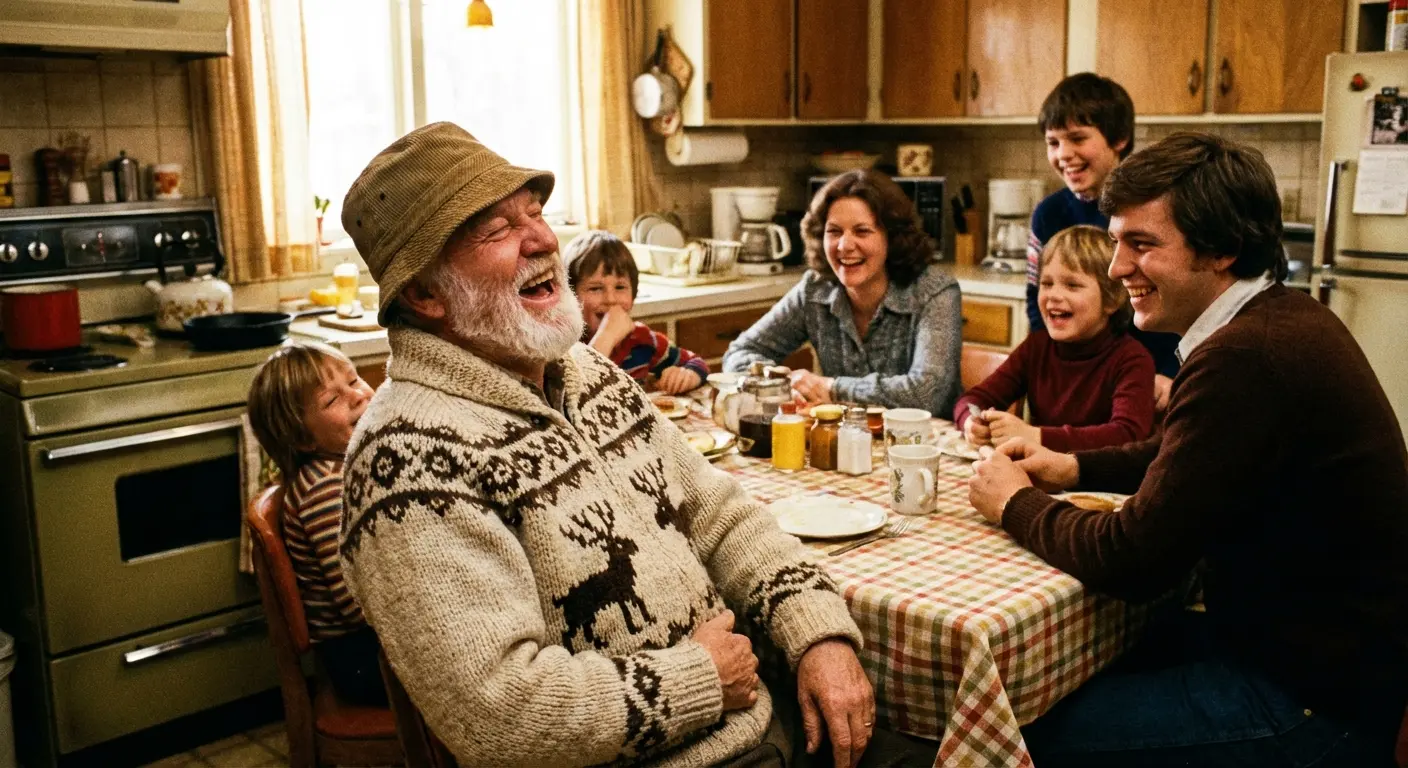
Moving From Bio to Legacy
A resume is for a job interview; a eulogy is for a farewell. No one at the funeral cares about his sales figures from 1995. They care about how he made them feel. Shift your thinking from “what he did” to “what he left behind.” This is his emotional inheritance—the values, the humor, and the attitude he instilled in you. As noted in Moment Magazine, describing a father can be difficult when he was “larger-than-life” or unique. Focusing on that uniqueness is key.
Pinpointing His Core Values
Take a moment to list the three things that mattered most to him. Was it loyalty? Frugality? Education? Once you identify these pillars, they become the filter for your memories. If he valued frugality, tell the story about how he fixed the toaster with duct tape instead of buying a new one. This anchors your stories in something deeper than just “he was funny.” It shows the audience what drove him.
The Power of “Show, Don’t Tell”
Don’t say “he was generous.” That goes in one ear and out the other. Tell the story of the time he pulled over in the rain to help a stranger change a tire. Don’t say “he loved animals.” Talk about how he let the dog sleep in the bed even though he swore he never would. Specificity creates emotion. The more detailed the memory, the more universal the feeling becomes.
Choosing Between Heartfelt and Humorous
Read the room, but more importantly, read your dad. If he was a prankster who loved a good laugh, a somber, tear-jerking speech might feel inauthentic. It is okay to be funny. In fact, it’s often necessary. Laughter releases tension. Sharing his favorite “dad joke” or recounting a time he made a fool of himself allows the audience to relax and connect with his spirit. You can be heartbroken and hilarious at the same time. If you think humor is the right approach but aren’t sure how to pull it off, check out a guide on creating a funny eulogy for dad to find the balance between laughter and respect.
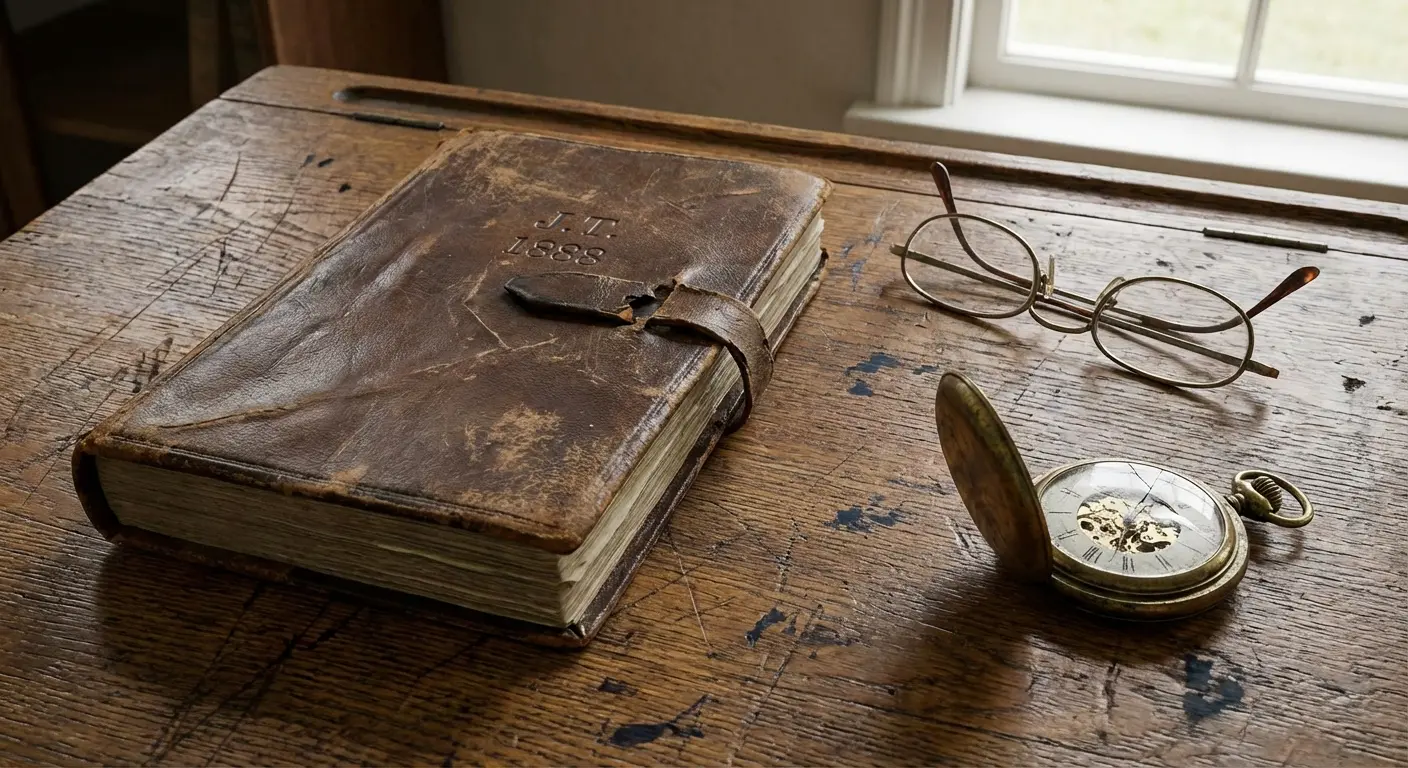
Writing Through the Grief
Grief messes with your cognitive function. You might find yourself staring at a sentence for ten minutes, unable to make sense of it. This is normal. You are trying to perform a high-level intellectual task while your brain is processing trauma. Be patient with yourself.
When grief makes it hard to think clearly, the Dad Eulogy Generator helps organize your thoughts gently.
The Memory Dump Method
Do not try to write the speech yet. Just get the memories out. Open a voice memo app on your phone and just talk. Ramble about the smell of his cologne, the way he sneezed, the song he hummed while cooking. Write down fragments on sticky notes. This “dump” bypasses the critical part of your brain that wants everything to be perfect. You can organize the mess later; right now, just capture the data.
- Step 1: Open a voice recorder app or grab a blank sheet of paper.
- Step 2: Set a timer for 10 minutes.
- Step 3: List every sensory detail you remember (smell of his workshop, sound of his laugh).
- Step 4: List his favorite things (food, movies, songs).
- Step 5: Don’t worry about grammar or order—just capture the data.
The 15-Minute Burst Rule
Set a timer. Tell yourself you only have to write for fifteen minutes. When the timer goes off, stop. Walk away. This prevents emotional flooding—that feeling when the grief becomes so heavy you can’t function. Writing in short bursts keeps the task manageable and protects your mental energy for the days ahead.
Building the Speech: A Step-by-Step Framework
Now that you have your memories, you need a structure. A good eulogy has a beginning, a middle, and an end. It takes the audience on a journey. Without structure, you risk rambling. With structure, you have a safety net that keeps you on track even if you get emotional.
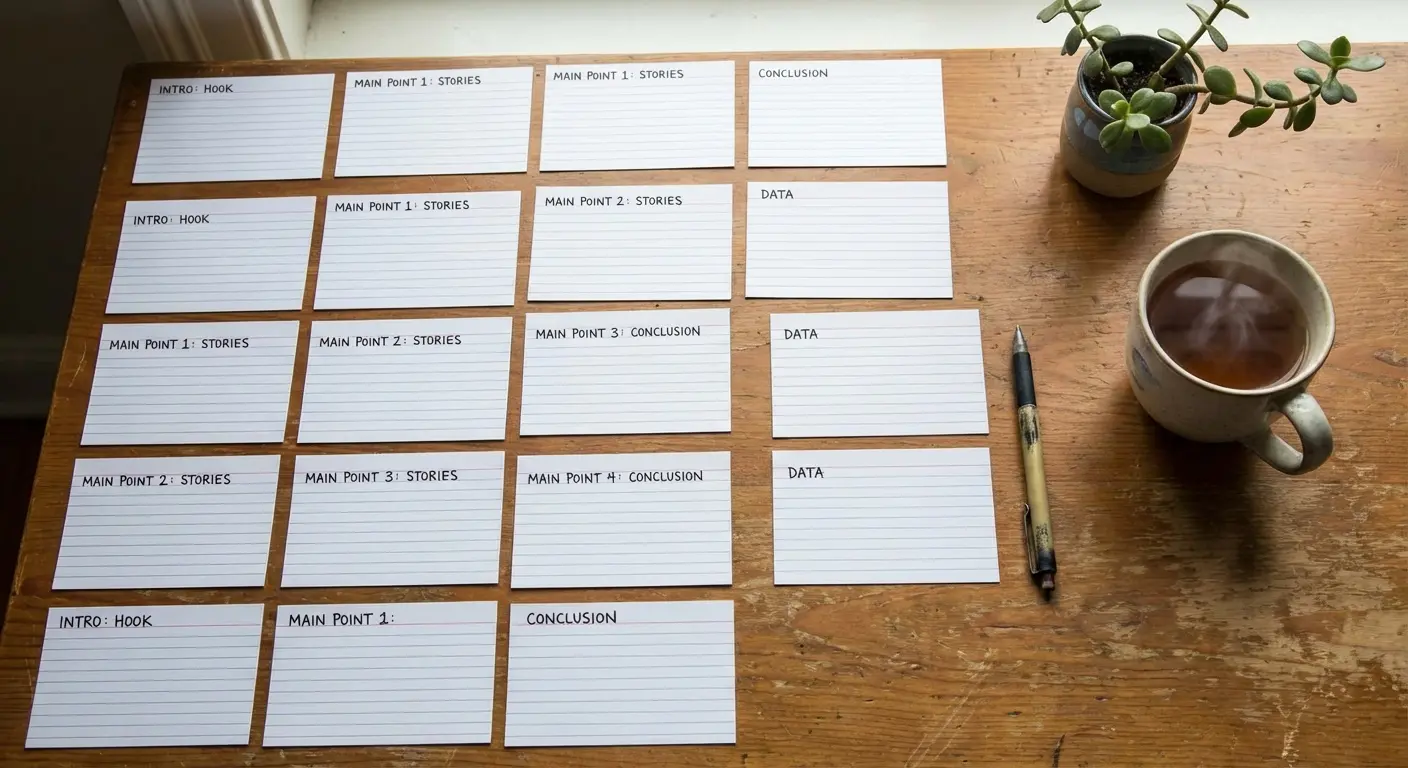
Digging Up the Best Memories
You need to find the “small” moments. The big moments—graduations, weddings—are often generic. The small moments—coffee on the porch, the drive to school—are where the intimacy lives.
Crowdsourcing “Dad-isms”
Ask your siblings or his best friend: “What is the one thing he always said?” Maybe it was “Measure twice, cut once,” or maybe it was a specific complaint about the weather. Quoting him directly brings his voice into the room. It triggers a recognition in the audience that is deeply comforting. Trustworthy suggests collecting stories and anecdotes from family and friends to get a fuller picture. If you are looking for inspiration on sayings or phrases he might have loved, browse a collection of dad eulogy quotes to find something that resonates.
Scouring Photos and Texts
Look at his phone. What was the last photo he took? What memes did he save? Often, what a father chooses to document reveals what he secretly loved. You might find he had a hundred photos of his garden or the dog. These clues give you a fresh perspective on what brought him joy.

Identifying the Narrative Through-Line
Look at your list of memories. Is there a pattern? Maybe every story involves him fixing something. Maybe every story involves him feeding people. That is your theme. “My dad was a fixer.” “My dad was a feeder.” Use this theme to tie the speech together. It gives the audience a handle to hold onto.
Putting Pen to Paper
Here is a simple structure that works:
- The Hook: A defining quote, story, or statement (avoid “We are gathered here”).
- The Theme: State the “through-line” of his life (e.g., “Dad was a fixer”).
- The Evidence (Middle): 2-3 specific stories that prove the theme.
- The Legacy: What lessons he leaves behind.
- The Farewell: A direct address to him or the audience.
If you have memories but can’t find the structure, the Dad Eulogy Generator helps shape them into a flowing speech.
Ditching the Standard Intro for a Hook
Skip the formalities. Everyone knows why they are there. Start with a hook. “The first time my dad tried to cook, he set the kitchen on fire.” “My father never met a rule he didn’t try to break.” This grabs attention immediately and sets the tone. It signals that this is going to be a real story about a real man.
The Middle: Thematic Storytelling
Don’t go year by year. Group your stories by your theme. If your theme is “he was a teacher,” tell a story about him teaching you to ride a bike, then connect it to a story about him teaching his grandkids to fish. This shows the continuity of his character across decades.
The Conclusion: Saying Goodbye
End by speaking directly to him or directly to the audience about what you will carry forward. “Dad, we will miss you, but we will keep the grill running.” This provides closure. It acknowledges the loss but affirms that his influence continues.

Editing Down to the Essentials
Read it out loud. If you stumble over a sentence, cut it. If a paragraph feels boring to you, it will be boring to them. Aim for three to five minutes. It doesn’t sound like much, but in a funeral setting, it is plenty. Leave them wanting one more story, not checking their watches.
Using Examples Without Sounding Generic
Templates are dangerous if you use them blindly, but they are useful as maps. You can look at how others have navigated this terrain to find your own path. Reviewing dad eulogy examples can unlock your own creativity.
Breaking Down Successful Tributes
It helps to see why certain speeches work. By analyzing the mechanics of these speeches, you can replicate their emotional impact with your own content.
The Silent Provider Archetype
If he wasn’t a talker, focus on his hands. Did he work late? Did he fix things around the house? In these speeches, the “I love you” is found in the oil changes and the packed lunches. Highlight the quiet sacrifices he made to ensure your life was better than his.
“My dad didn’t say ‘I love you’ often. Instead, he said, ‘Check your oil,’ ‘Drive safe,’ and ‘Do you need money for gas?’ In his language, those all meant the same thing.”
The Mentor or Coach Figure
If he was a coach or teacher, he likely had a public persona. Acknowledge that, but pivot to the private lessons. Maybe he taught you how to lose with dignity. Maybe he taught you that showing up is half the battle. Focus on the character traits he tried to instill in you.
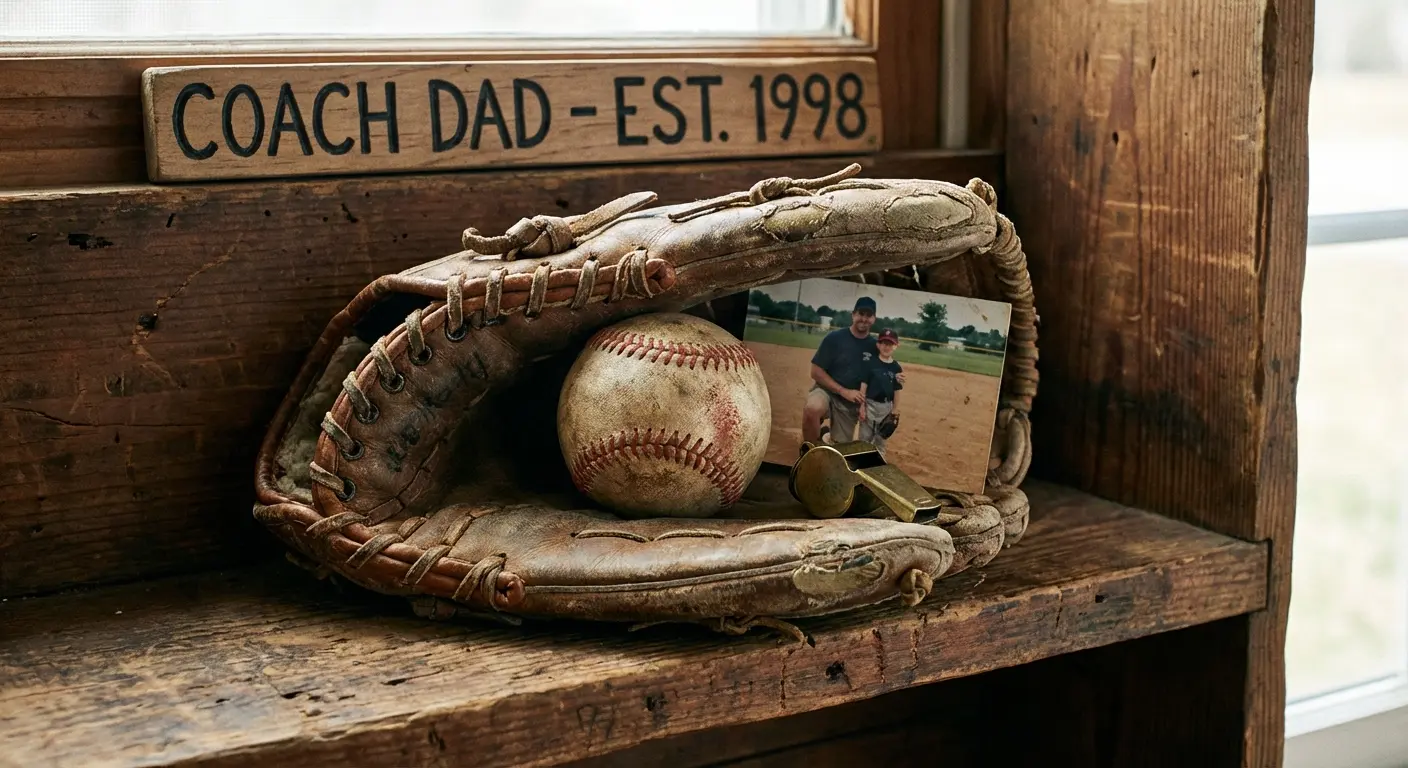
Tailoring the Speech to Your Relationship
The tone of a eulogy changes depending on who is speaking. The relationship dictates the focus.
A Daughter’s Perspective
Daughters often speak to the standard their father set for future relationships. Did he show you how you deserve to be treated? Did he empower you to change your own tires? Focus on how he built your confidence and your sense of worth. For specific advice on capturing this unique bond, read a daughter’s guide to writing a eulogy for her father.
A Son’s Perspective
For sons, the eulogy often touches on the baton pass. You are now the carrier of the name or the legacy. Talk about the skills he taught you—how to shave, how to shake hands, how to stand your ground. Acknowledge the responsibility you now feel to carry his values forward.
Honoring a Step-Father
Biology is automatic; parenting is a choice. If you are honoring a step-father, focus on that choice. He didn’t have to show up for the school plays or the bad days, but he did. That voluntary love is often the most profound kind. As noted in Commentary regarding a step-father’s role, “He became their father. This was a choice he made… He made Ruthie and me feel that Rachel and Naomi belonged to us and we belonged to them.”
Escaping the Resume Trap
Life isn’t linear. We remember moments, not years. Jumping from 1970 to 1980 to 1990 is boring. Jump from a story about his love for fishing to a story about his patience. Follow the emotion, not the calendar. Trustworthy advises to avoid grudges, past arguments, or negative memories. A eulogy should celebrate life and character, not revisit conflicts.
Turning Statistics into Moments
“Married for 50 years” is a statistic. “He still pinched Mom’s butt when she was cooking dinner” is a story. Turn the numbers into pictures. Give the audience a glimpse of the reality behind the milestone.
Delivering the Speech and Getting Help
Writing the eulogy is only half the battle; delivering it is the other. It’s not just about public speaking skills; it’s about emotional survival.
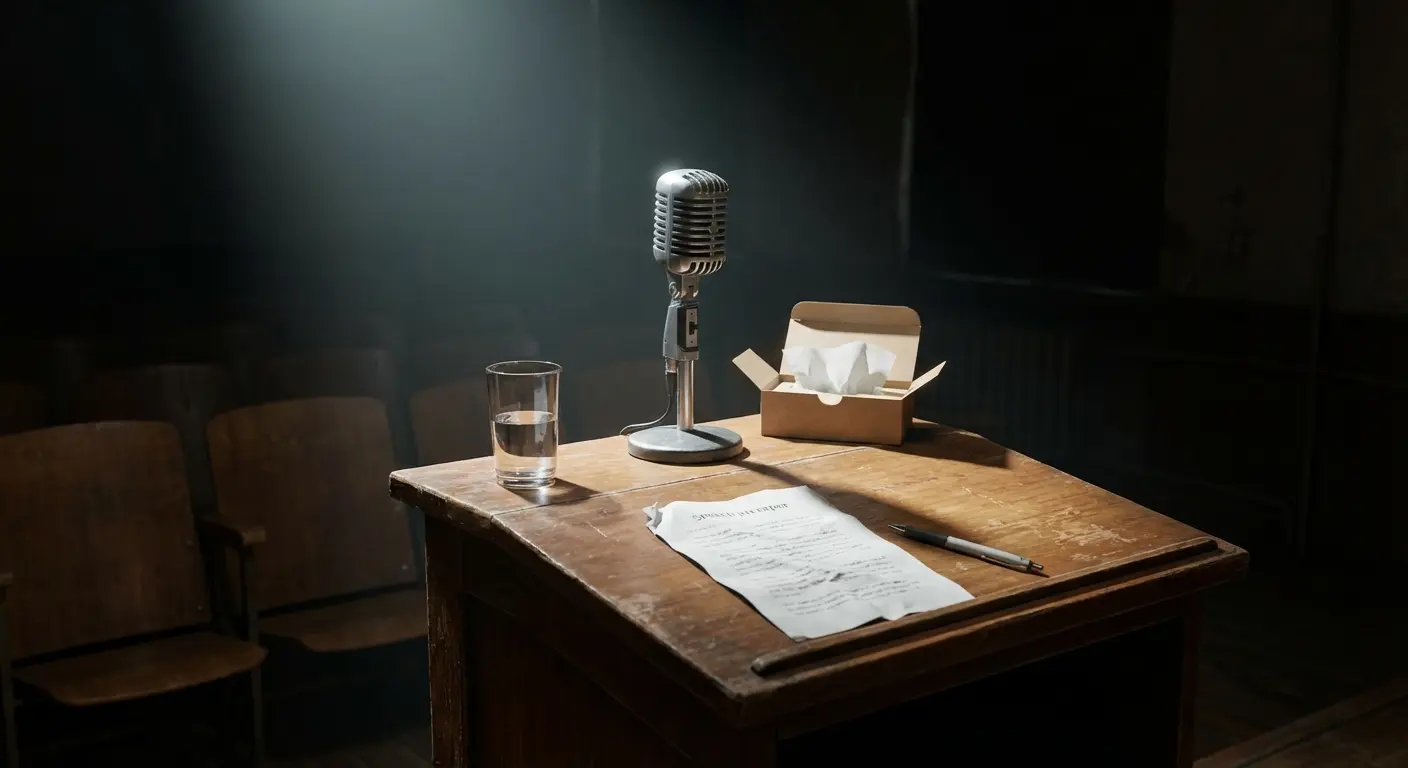
Surviving the Podium
Here is some practical, physical advice on how to handle the moment of speaking:
- Don’t read from a phone: Print your speech on paper. Phones time out, batteries die, and scrolling with shaking hands is hard.
- Use huge font: Print your speech in size 14 or 16 font. Double space it. Your eyes will be full of tears, and your hands might shake. You don’t want to lose your place in a block of tiny text.
- Mark your breaths: Format your notes so you know when to pause. Use bold text or all caps for key phrases.
- Manage the tears: You will probably cry. That is okay. If you choke up, stop. Take a breath. Take a sip of water. The audience is not judging you; they are grieving with you. They will wait.
- Look above them: If locking eyes with crying family members makes you cry harder, look at the back wall or at people’s foreheads.
Using Technology to Your Advantage
Old templates give you “fill in the blank” sentences that feel cold. Modern tools act more like a compassionate interviewer. They ask you questions to jog your memory and then help you weave those answers into a narrative. It’s not about a robot writing your speech; it’s about a tool helping you organize your heart.
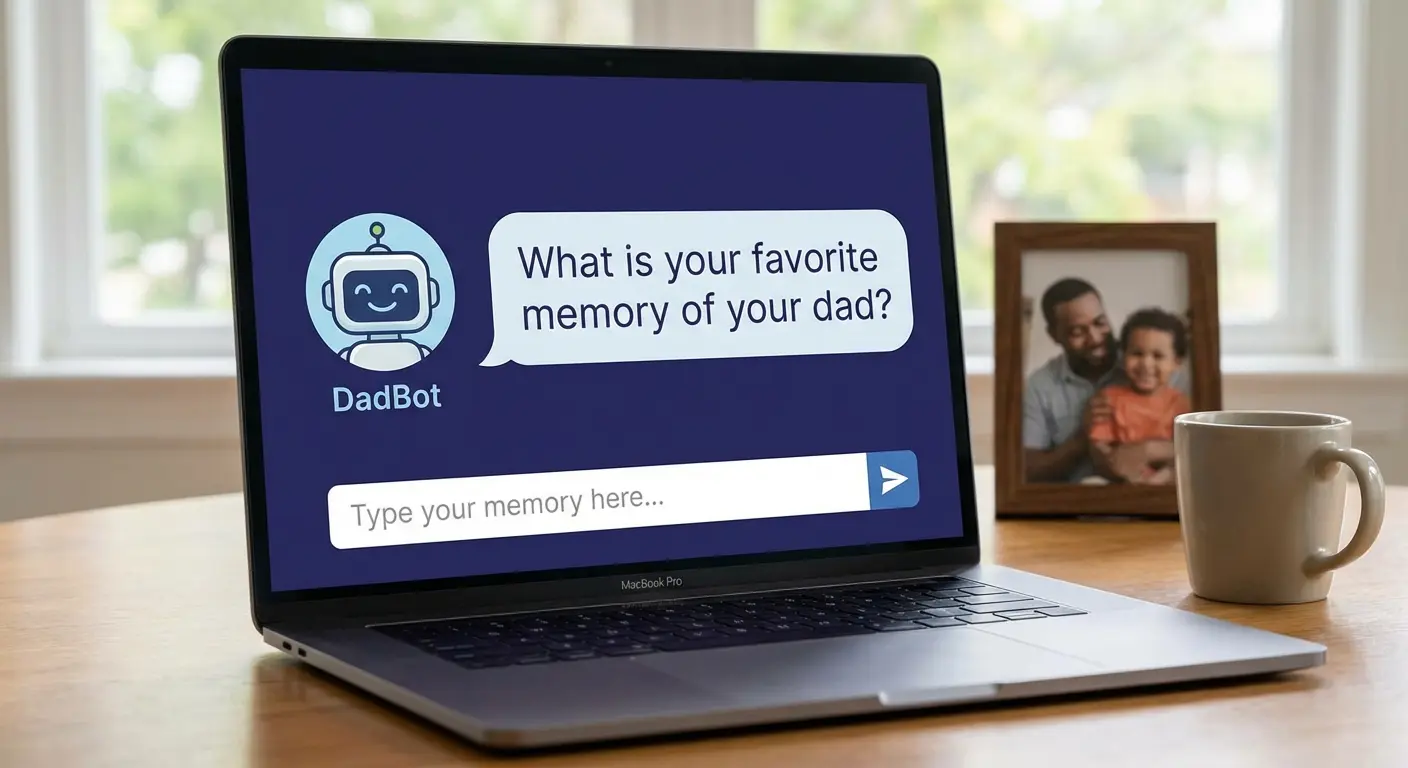
Dynamic Generation for Unique Voices
Your dad wasn’t a template. He was unique. Dynamic tools can adjust the tone to match him. If he was sarcastic, the speech can reflect that. If he was deeply religious, the speech can reflect that. You need a tool that adapts to the subject, not the other way around.
When to Call in a Professional
Sometimes, you just can’t do it. The grief is too heavy. That is when you call in a pro. Services that offer professional editing or ghostwriting can take your raw notes and polish them into something beautiful. It’s not cheating; it’s asking for help when you need it most.
Final Thoughts
There is no such thing as a perfect eulogy. There is only a true one. If you speak from the heart, if you share the real stories of the man you knew, you cannot fail. Trust your memories. Trust your love for him. That is all you need.
You don’t have to write this alone—use the Dad Eulogy Generator to create a tribute that truly honors your father.
Writing a eulogy for your father is one of the hardest things you will ever do, but you don’t have to do it alone. If you are staring at a blank page and struggling to find the “through-line” of his life, Eulogy Generator can help. Created by professional eulogy writer Jen Glantz, our tool moves beyond robotic AI to interview you about your dad, helping you uncover specific memories and organizing them into a heartfelt, custom tribute. Whether you need a full draft generated in minutes or professional editing for what you’ve already written, we are here to help you honor him properly.

